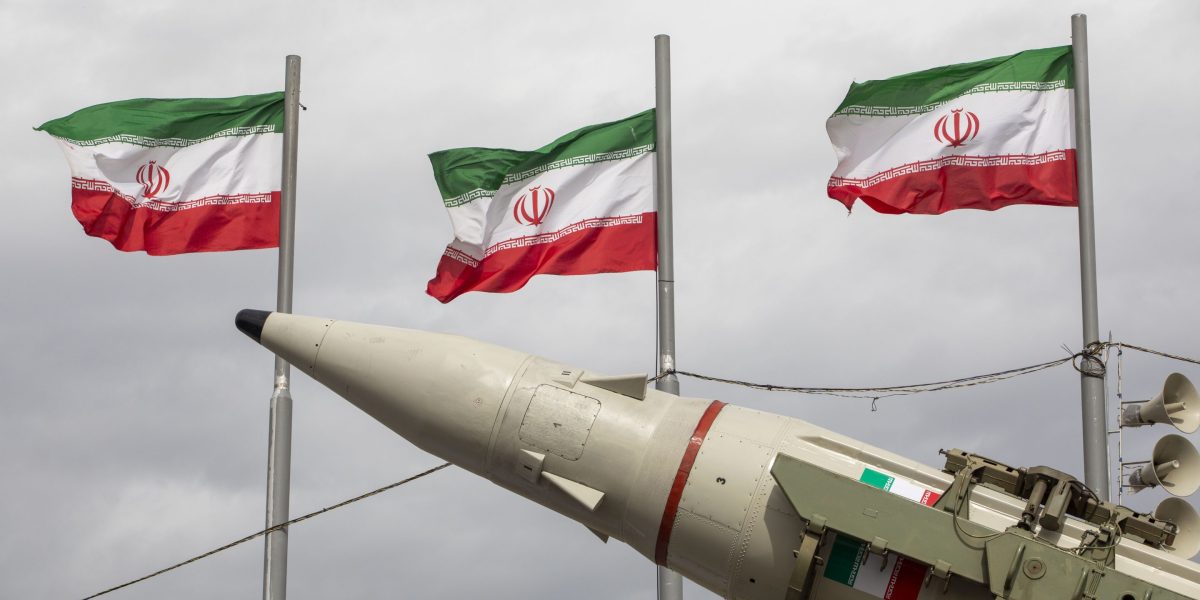As the current world system—the capitalist, neoliberal, rules-based order with the U.S. at its head—crumbles, regional powers are resisting entropy, becoming increasingly centralized, aided by surveillance technology, economic digitalization, and precision weapons. The nature of power can be understood as countering entropy.
In fact, we could say that the essence of power is the capacity to resist or adapt to a system’s entropy. In general, all systems—biological, technological, or institutional—tend toward disintegration and chaos, partly because every cell has a life cycle. Biology imposes changes in material conditions to which systems must adapt or perish.
A system, understood as an organizational principle that orders individual elements or smaller, simpler systems, has to resist or adapt to entropy to maintain the status quo. Under this definition, power would be the capacity to maintain a particular organizational principle while resisting or adapting to changing conditions. Resisting is short-lived, since change is irreversible. Adapting is typically a more successful strategy.
A system breaks down either because the organizational principle cannot resist change anymore or because it has failed to adapt correctly. If, as is the case with complex systems, there are other smaller or simpler systems functioning under it, these will tend to increase their own order to avoid the systemic entropy caused by the breakdown of the organizational principle.
Increasing order, then, means acting against entropy. If increased entropy can be equated with elements of a system acting in disarray relative to one another, then order is those elements acting in relation to one another under a common organizing principle. In social systems—institutional ones—this often means centralization.
Every system will tend to centralize, arranging every element or smaller, simpler system under it in accordance with an organizational principle as a way to resist or adapt to entropy. An organizational principle is a priority-setting mechanism. Priorities create hierarchies. Increased centralization, therefore, increases hierarchical structures and defines system goals.
The U.S. functioned as an organizational principle—setting hierarchies and goals—within the international rules-based system under which other smaller systems, namely other states, functioned. This was not without resistance or tension, but the U.S. had the power to avoid major disruptions in the system by pushing for order, that is, compliance with the organizational principle, and therefore resisting entropy.
This organizational principle could be broadly summarized as “neoliberal capitalism”: a particular form of liberal democracy and market capitalism. Changes created by the inertia of the system, the development of China, increasing its weight within the system, and the distancing of Russia from U.S. influence, increasing the complexity of a subsystem, among others, created tensions that U.S. neoliberal capitalism has tried to resist and is failing to adapt to, as challengers contest the status quo.
The U.S. has tried to resist entropy by trying to reverse change. That is how we can understand policies toward China and Russia: trying to curb Chinese development or to bend Russia to its will. These are two examples, but the U.S. relationship to Europe and Latin America can be explained by the same logic: trying to resist entropy by increasing centralized control.
However, as change is irreversible, the attempt to resist it will usually be futile. Moreover, it will create more tensions in the system, which will further increase entropy. Once an organizing principle has lost its capacity to impose order, trying to maintain its priorities, hierarchies, and status quo tends to result in further system erosion, because other smaller systems will now be competing to establish their own hierarchies and goals.
Smaller or simpler systems that were previously part of a larger system, once that system breaks down, will have the opposite inertia: they will become more centralized. Without the constraints imposed by an external organizing principle, these systems will strengthen their own organizing principle, their own priorities and hierarchies, in order to resist the systemic entropy that the larger system is experiencing.
The current centralization trend in many states responds to this inertia. Countries like Türkiye, India, or Israel are examples. While the U.S. organizing principle had the capacity to influence the hierarchies and priorities of these smaller systems, these systems were relatively decentralized because there was an external principle imposing order. As this principle loses that capacity, losing power, these states increase their own order through centralization to adapt to systemic entropy.
A system will grow by ordering foreign elements or smaller, simpler systems according to its own organizing principle, that is, by imposing its own hierarchies and goals. This does not necessarily mean destroying foreign structures, only insofar as they run against its own. Most systems tend to expand because expansion is a way of countering their own entropy.
System expansion will continue as long as there are elements or smaller, simpler systems over which it can impose order. However, every system is always running against entropy. Every expansion is an adaptation. When a system cannot continue expanding, because there are no elements or smaller, simpler systems it can reorder, it will try to oppose entropy.
Opposing entropy means trying to reverse change, which is very likely to fail. At this point, the organizing principle loses its strength and can no longer impose its hierarchies and goals on other systems that are already in the growth phase. When a larger, more complex system emerges, it will often displace the old one.
This theory, presented here only as a rough draft, of social system growth and decay, with its definition of power and how it counters entropy, seems to have explanatory potential to understand, and perhaps even predict, the succession of social systems with their own hierarchies and priorities.
If we accept this, with important caveats, then we could describe the present state of international relations as the end of a system—an epochal change, to use Goethe’s term—because its organizing principle can no longer order other systems that have grown under it.
This system, the neoliberal capitalist one, while on the surface it may seem to be trying to oppose entropy, by waging war in Ukraine against Russia and trying to contain China, is actually morphing. It may be taken over by a smaller system with a more powerful organizing principle, and turning into a new one that is imposing new hierarchies and priorities.
A caveat of this analysis is that, although it seems to explain the breakdown of the neoliberal capitalist international rules-based order, because there are some systematic elements that remain constant and are shared with competing systems, it could also be argued that the entire system is not ending, but rather adapting.
The two most prominent constant, shared systematic elements are the institutions of banking and the state. These two elements are present within the ending system and also within the growing ones. They are also present, with more or less organizational power, in every other social system in the world.
These two systematic elements, I believe, are actually one complex system. Their parallel emergence from approximately the seventeenth century onward, and their interdependence, seem to justify this claim.
If banking and the state together constitute one complex system, constant across contemporary social systems, we should perhaps consider that its organizing principle is imposing order across systems. In that case, what we may be seeing at present is, on the one hand, the end of one simpler system and, on the other, the adaptation of a more complex one.


























